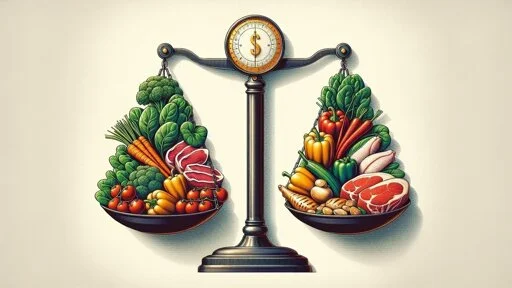I have mixed emotions over all this.
To start, I agree, flat taxes are regressive and a bad way to tax people.
However, NZ gets a lot of tourists and GST is an effective way to collect money from them to fund the things they use. You could say just tax them directly, but I think a $1000 entry fee would put off many tourists that otherwise would come here and happily pay that much GST in their spending.
We also have no true capital gains tax. Without this, GST is practically the only way we get tax from the ultra wealthy, right?
So instead we could leave GST alone and provide subsidies to make fresh food cheaper, but that seems to also be making the system more complex by balancing tax collection against subsidies for the same thing, and also creating a whole chain of questions about where the subsidies go. Do we give them to potato farmers that then get pressured for cheaper prices from the duopoly, who don't pass along the full discount and end up subsidising their profits? (This will likely happen with removing GST too, but we won't have to work out which farmers get subsidies and which don't). If we subsidise farmers then we also subsidise overseas consumers that they sell to.
So do we just hand cash to supermarkets to make certain products cheaper? This seems more complex than just removing GST.
I have no view on what's the right thing here because it seems complex and like there might not be a right answer. But I am curious how subsidies would work in practice.

